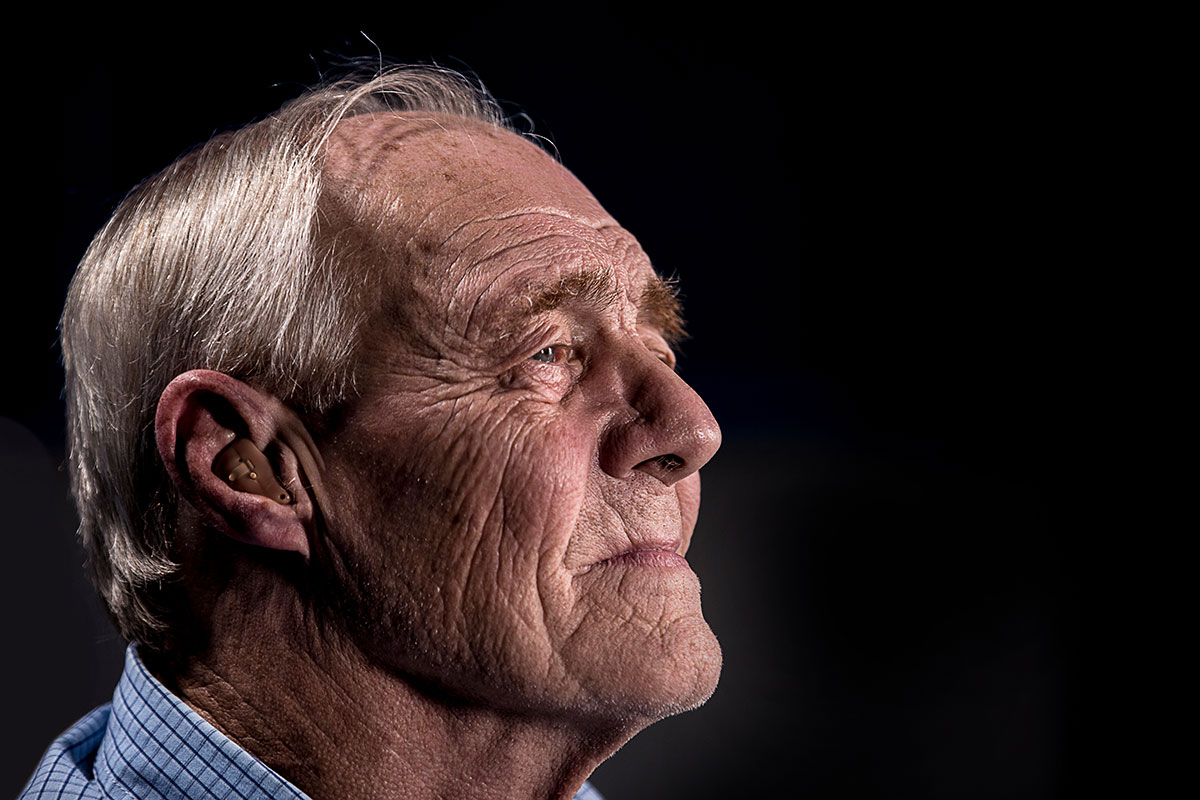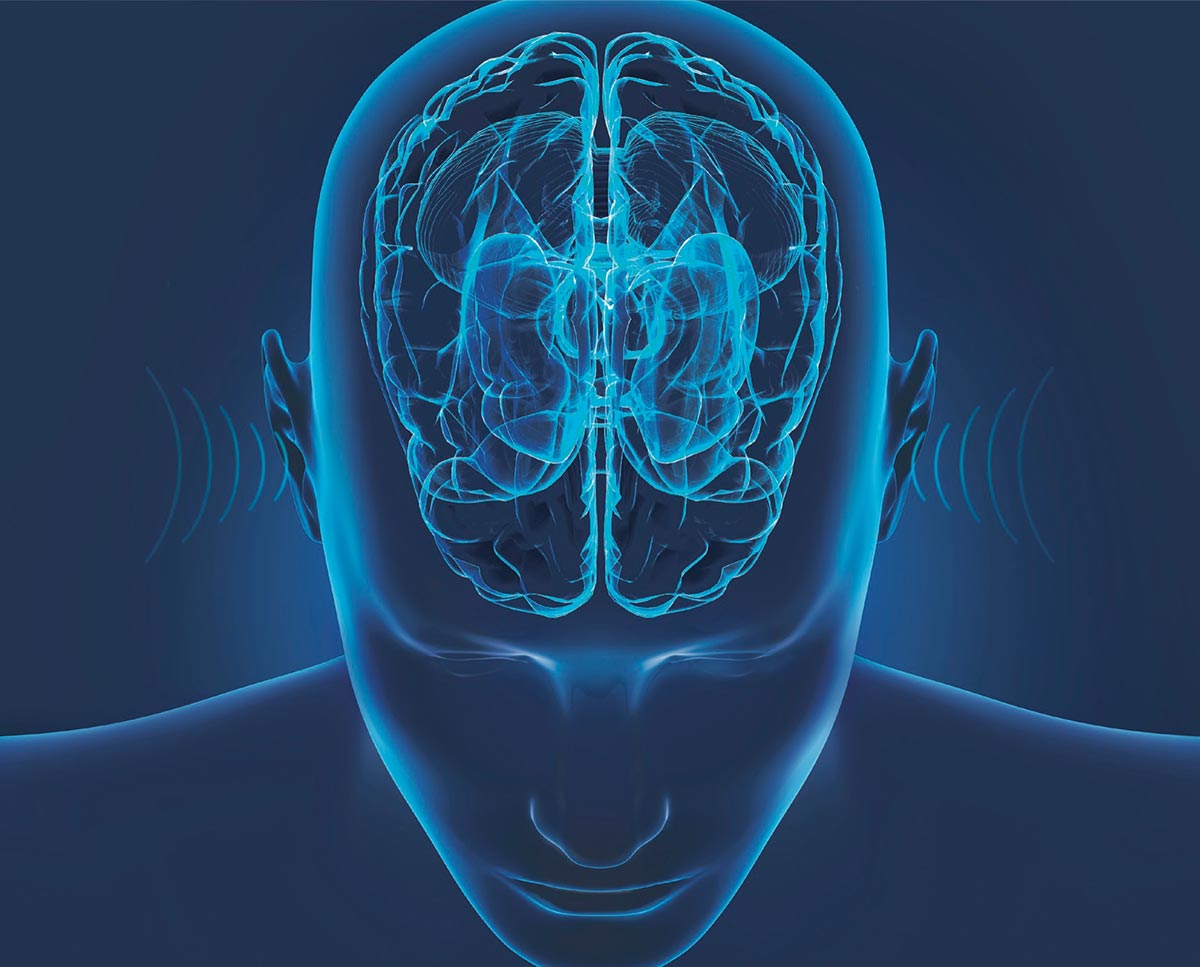 We now offer the Oticon Opn S. Powered by the new advanced Velox S™ platform, Opn S takes the open sound experience to the next level in delivering speech understanding on par with normal hearing.
We now offer the Oticon Opn S. Powered by the new advanced Velox S™ platform, Opn S takes the open sound experience to the next level in delivering speech understanding on par with normal hearing.
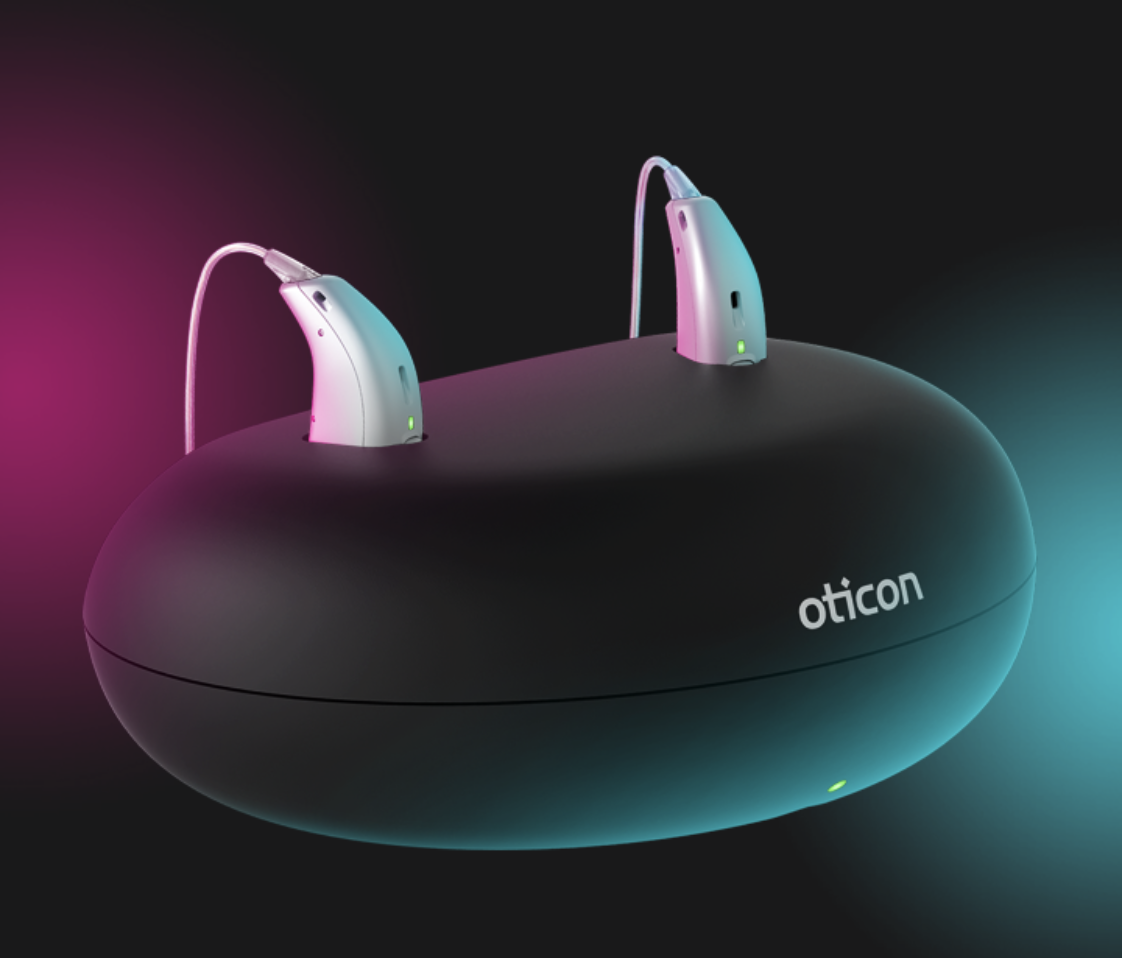 A full day’s power. Every day.
A full day’s power. Every day.
The discreet miniRITE R style comes with an easy-to-use, stylish and reliable charger. Simply recharge at night for a full day of use.
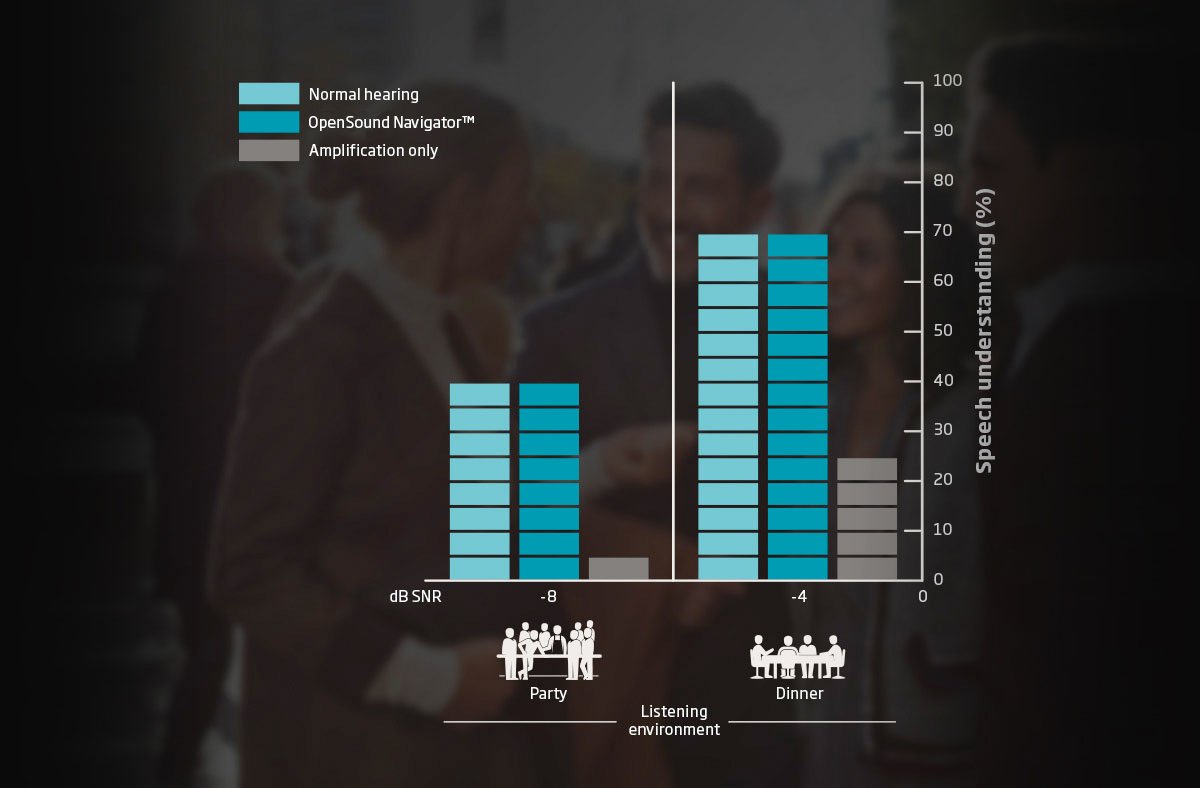 Speech understanding on par with normal hearing
Speech understanding on par with normal hearing
Opn S breaks the limits of what has previously been possible with hearing aids. Take a more active part in difficult listening situations, and get better speech understanding with less effort. You can thrive in noisy environments, just like people with normal hearing.
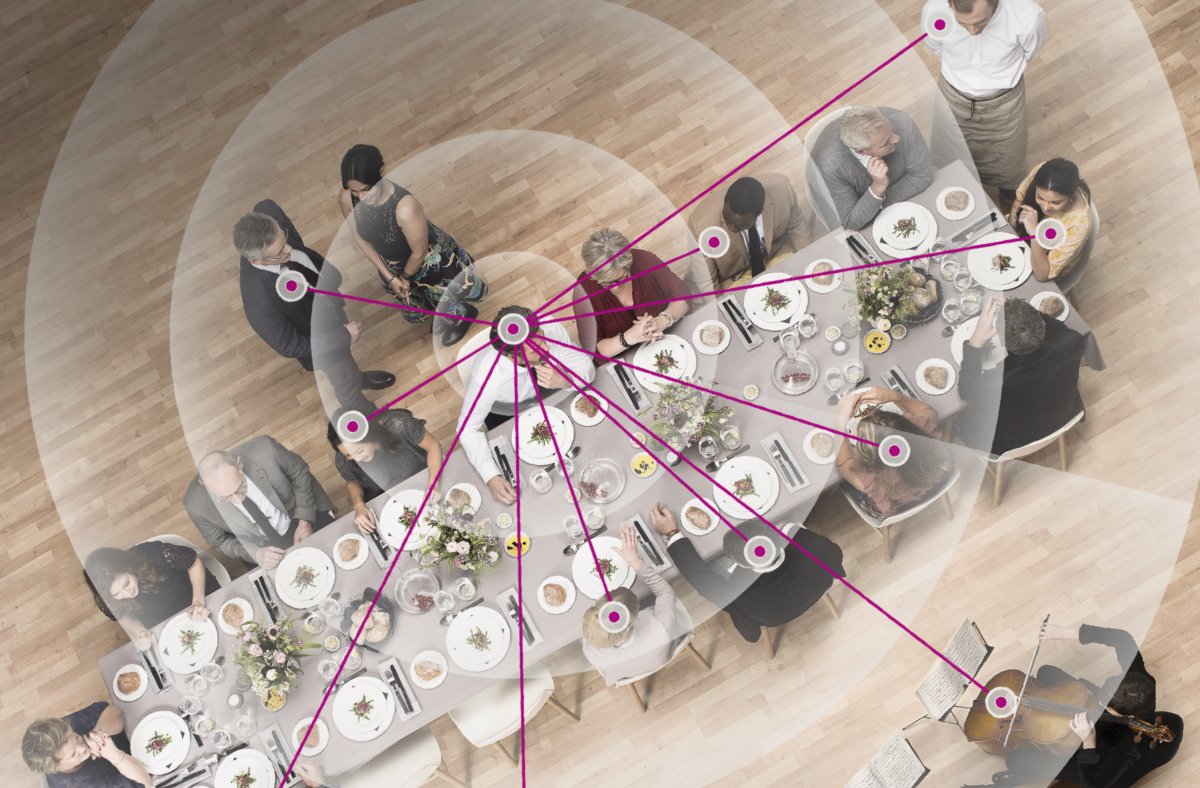 Oticon Opn S gives you a 360° sound experience
Oticon Opn S gives you a 360° sound experience
The groundbreaking technology in Oticon Opn S gives you a 360° hearing experience that opens up your world. It allows you to hear more than one person speaking at a time, while the advanced noise reduction system helps reduce listening effort.
 Annoying whistling is a thing of the past
Annoying whistling is a thing of the past
Oticon Opn S features breakthrough technology that stops whistling before it even occurs. Now, you can feel confident giving someone a hug or putting your phone to your ear without having to worry about whistling.
 Easy connection to your phone and other devices
Easy connection to your phone and other devices
Oticon Opn S is more than a hearing aid. It’s wearable technology that makes it easy to connect to your favorite devices. It’s a wearable technology that makes it possible to connect to your favorite devices. Take hands-free calls, stream music, connect to smart devices, and more.
Call us at 845.226.2638 to learn more or schedule an appointment!

